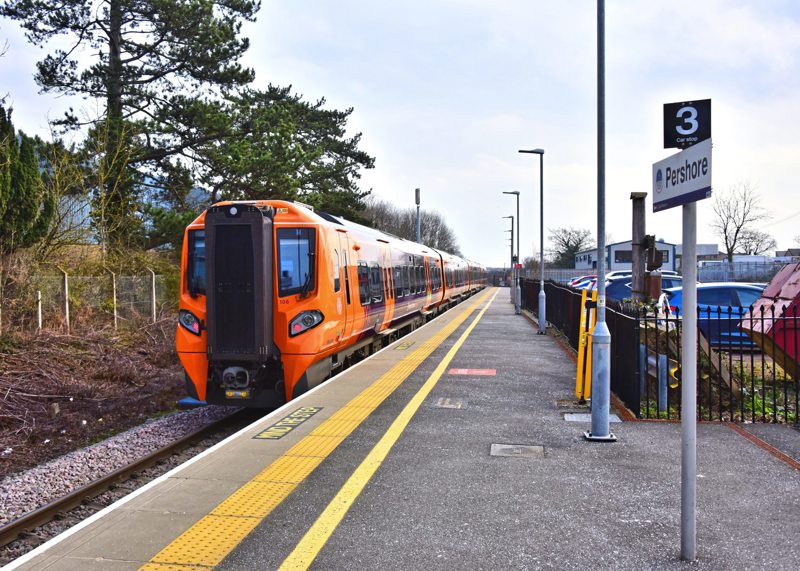
Supply chain issues have left West Midlands Railway (WMR) having to operate short-formed trains in both of its diesel multiple unit (DMU) fleets.

Supply chain issues have left West Midlands Railway (WMR) having to operate short-formed trains in both of its diesel multiple unit (DMU) fleets.
Separate but simultaneous problems in accessing parts have affected the availability of both its Class 172s and ‘196s’ over the past couple of months.
The operator has 39 Class 172s made up of four variations, as well as 12 two-car and 14 three-car ‘196s’.
Wheelsets have been the issue on the '172' fleet, requiring attention during the units’ C4 bogie overhauls.
West Midlands Trains Engineering Director John Doughty told RAIL there had been supply chain problems in providing the clean bogies to be fitted.
As a result, he explained, “the number of units out of traffic is backing up”, with wheelsets reaching the maximum number of miles they can travel before having to be stopped for safety reasons.
Doughty visited Germany earlier this year with colleagues from WMR and Alstom (which is contracted to carry out the overhauls), in order to visit sub-contractor ZF, which produces some components for the wheelsets.
“On overhaul the attrition rate of sub-components has been higher than ZF anticipated,” he explained.
“There are various problems with ZF’s supply chain in Germany that have meant a difficulty in getting sub-components. We can’t complete the overhaul without all the parts.”
WMR’s eight Class 172/0s have also had overhauls at Alstom’s Ilford site, but supply chain issues there mean that work has not been completed. As a result the units must return to Ilford, one at a time, in the near future.
The bogie issue only affects Class 172s due to their inside axle boxes. Similar Class 170s and ‘171s’ have outside axle boxes. Class 22x DMUs have similar bogies to a ‘172’, but the designs are not quite the same.
The issue with the Class 196 fleet is with the engines, as they approach their 7,000 hours half-life limit.
Engines are overhauled by Wabtec at Burton-on-Trent, with components supplied by Spanish manufacturer CAF.
Doughty said that with two or three units out of traffic awaiting engine changes, the issue has become more acute for the operator now that six units earmarked for East West Rail have been sub-leased.
In the meantime, WMR has moved a three-car ‘172’ from its normal Birmingham Snow Hill operations to cover a four-car Class 196s’ New Street-based diagram.
Doughty said it was “not for the lack of trying” that the two issues hadn’t been resolved, but said WMR would work with Alstom and CAF to get parts so that units can re-enter service.
Regarding the ‘172s’, Alstom said it was working with WMR,
Porterbrook and its supply chain to “accelerate the return of affected units to service”.
A spokesman told RAIL: “The unusually high demand for wheelset replacements, combined with component supply constraints, has placed additional pressure on the maintenance programme.
“We are actively managing the situation by prioritising available wheelsets, streamlining overhaul processes and working with key suppliers to improve turnaround times.”
From February 24, the operator formally amended its diagrams for both fleets to have a more structured approach to the services that would be short-formed.
WMR also said it would tell customers which trains would have fewer carriages, and avoid short formations on busier services.
CAF declined to comment.
Login to continue reading
Or register with RAIL to keep up-to-date with the latest news, insight and opinion.















Login to comment
Comments
No comments have been made yet.